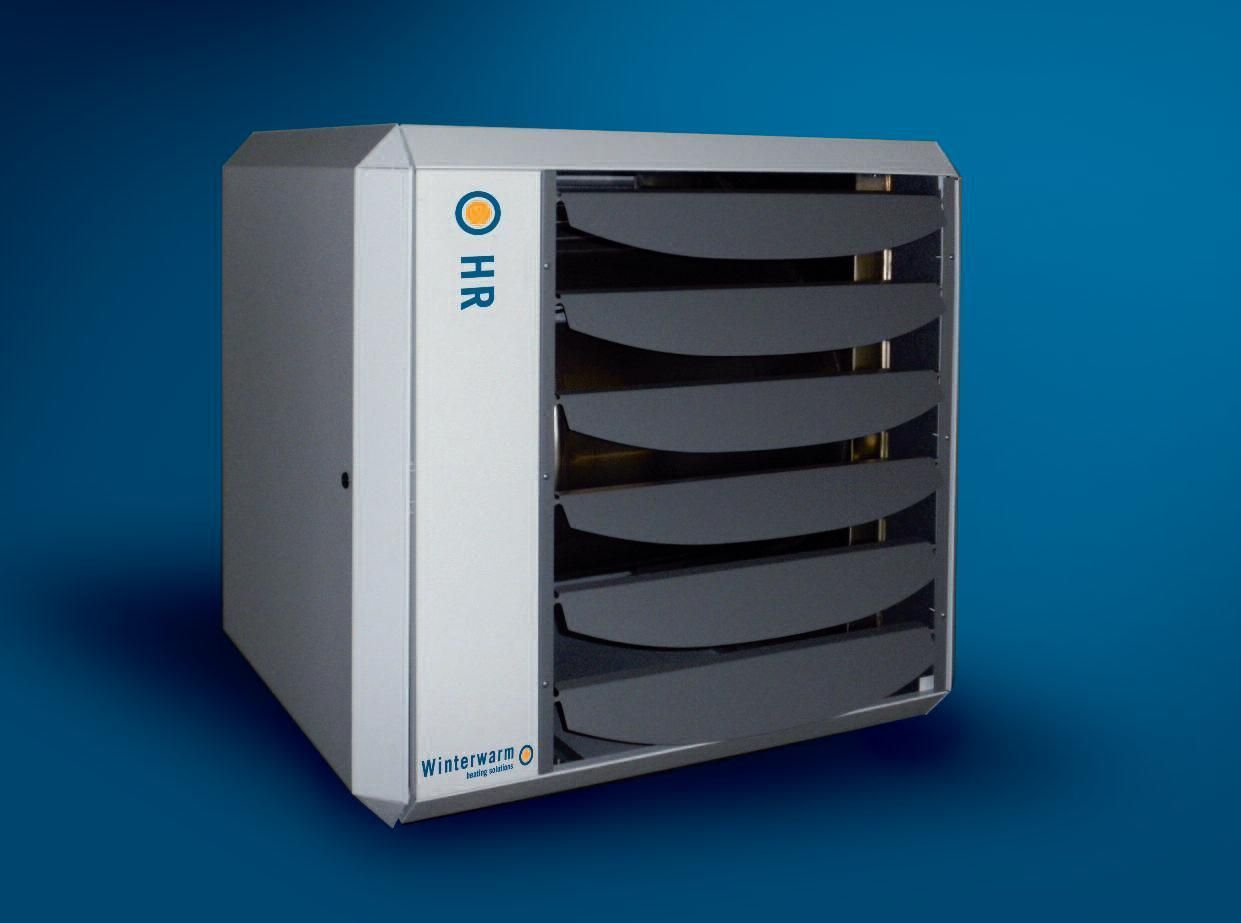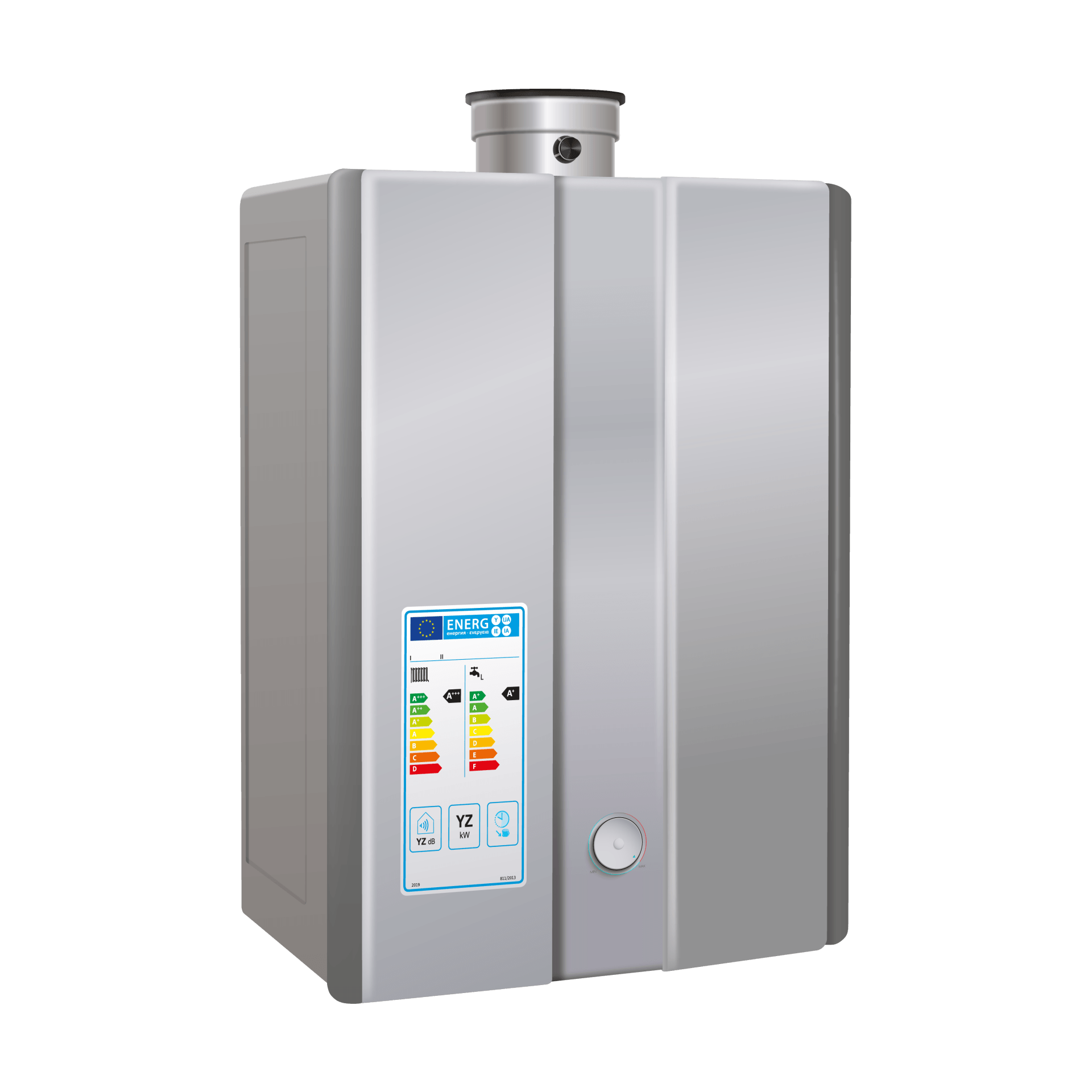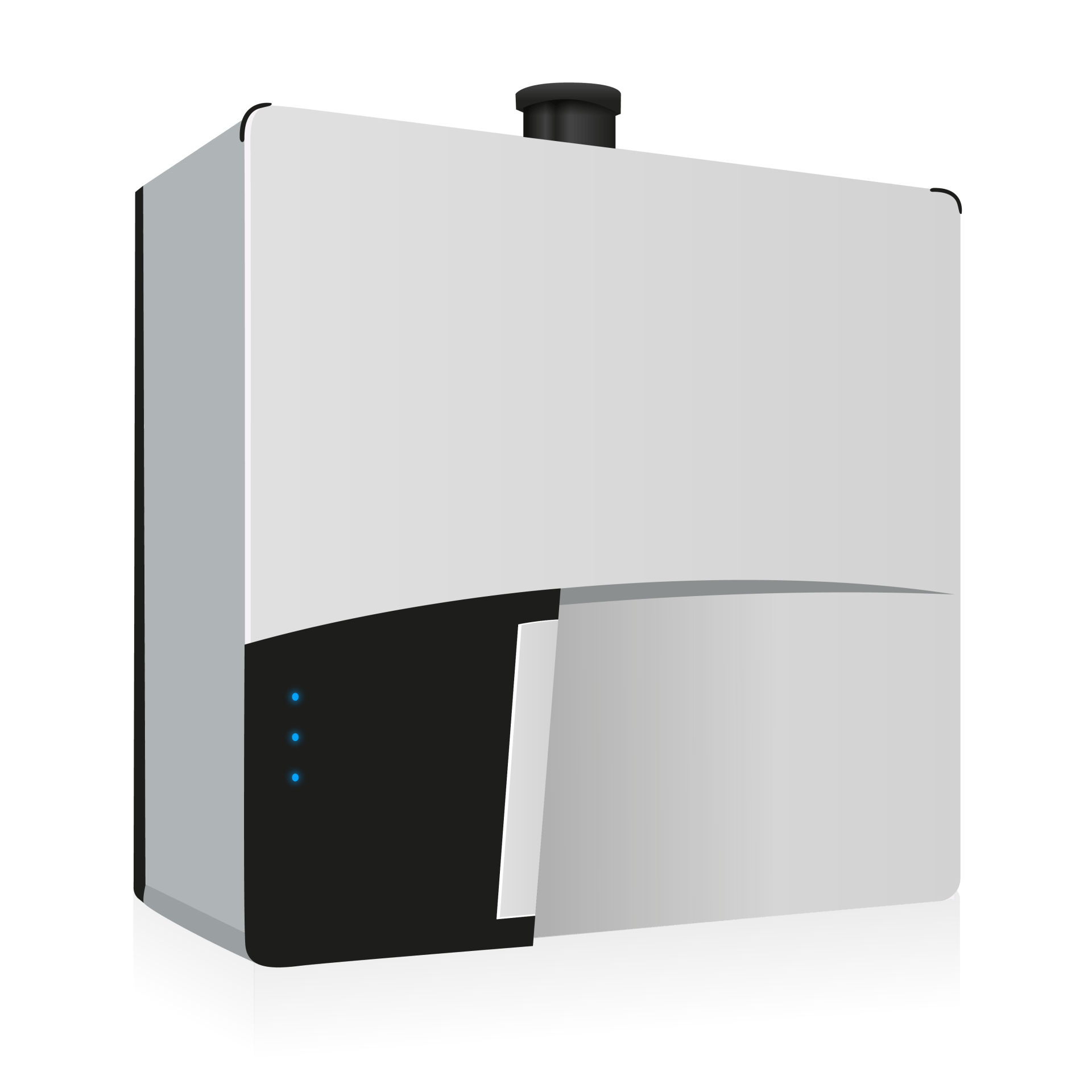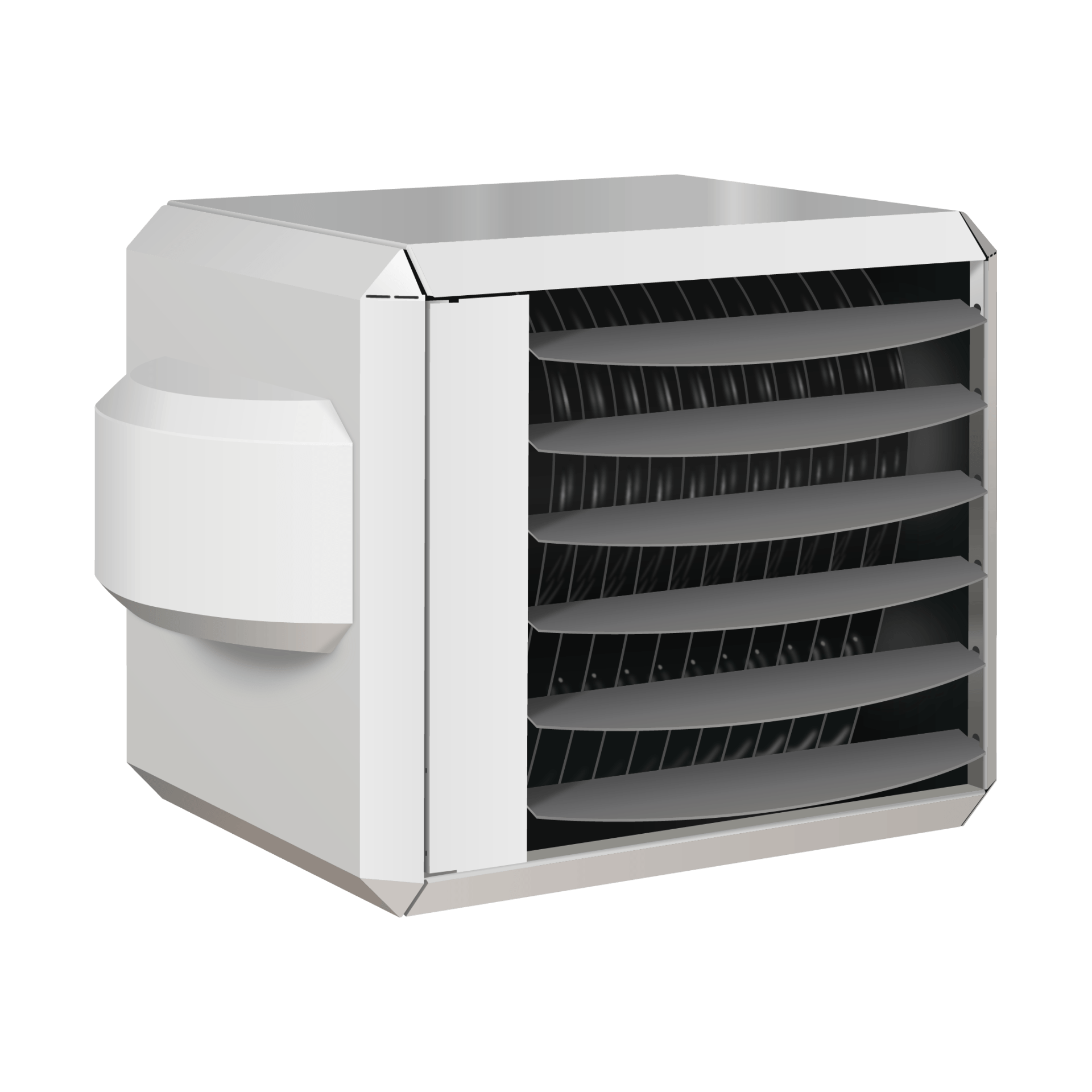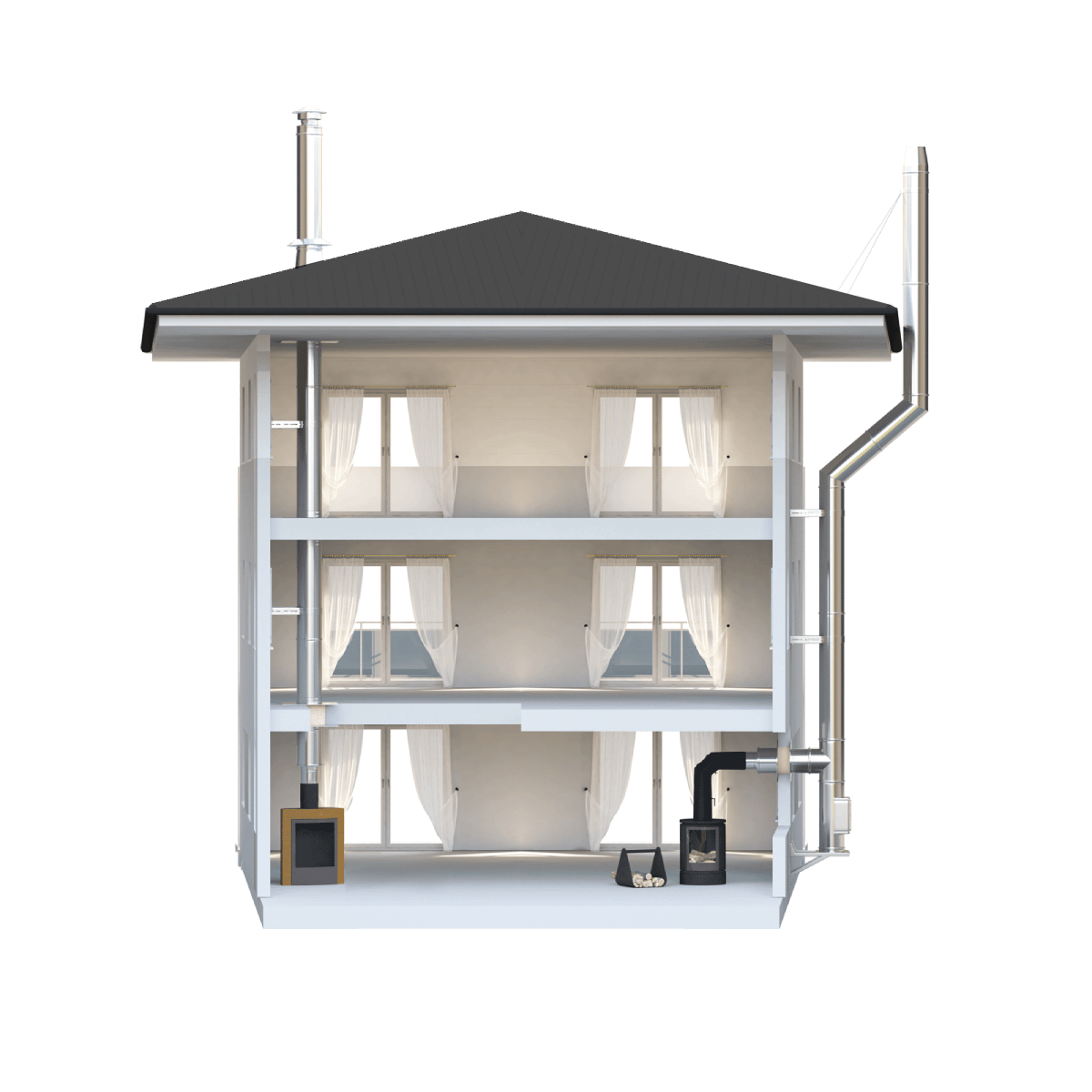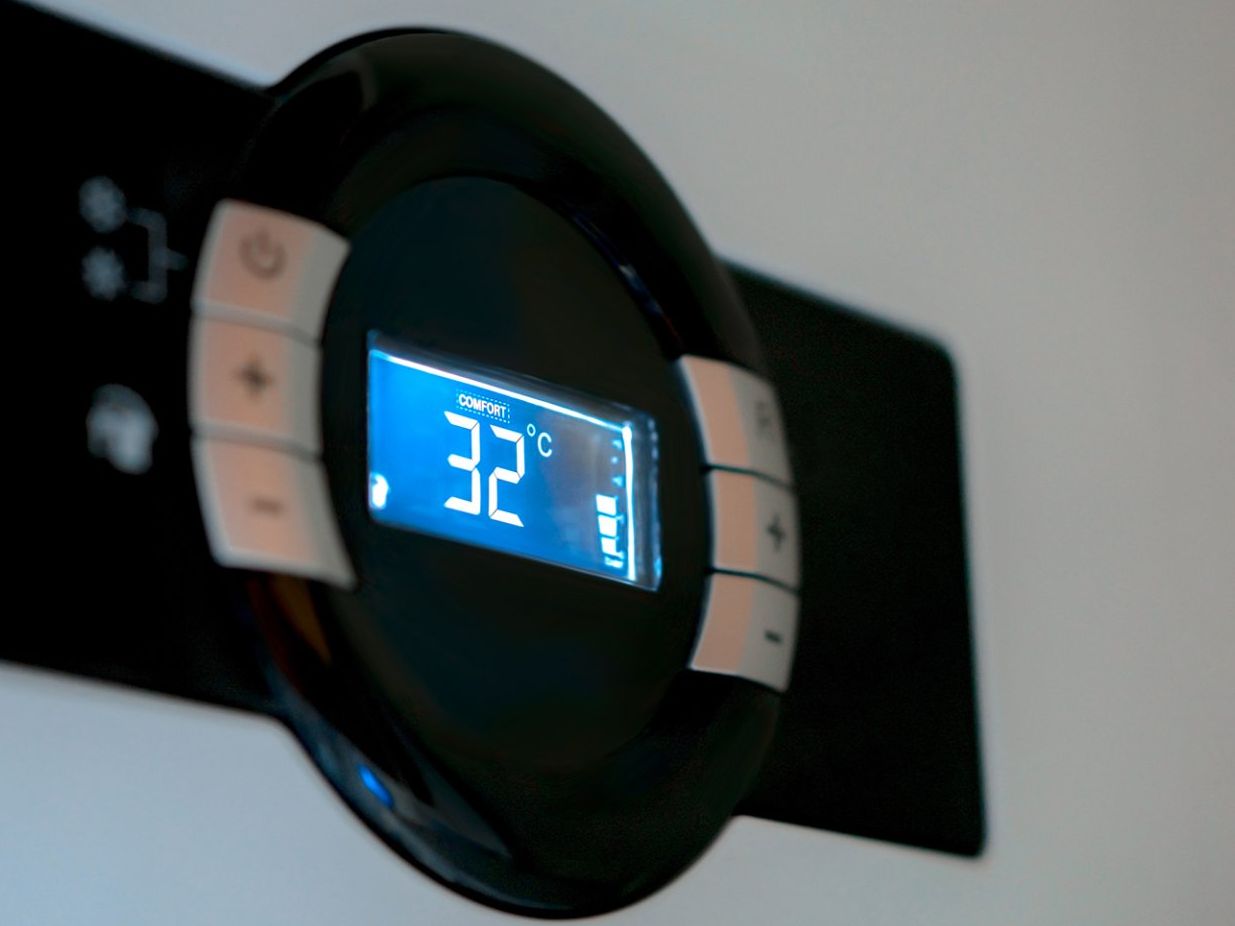What are the best energy efficient heaters for schools?
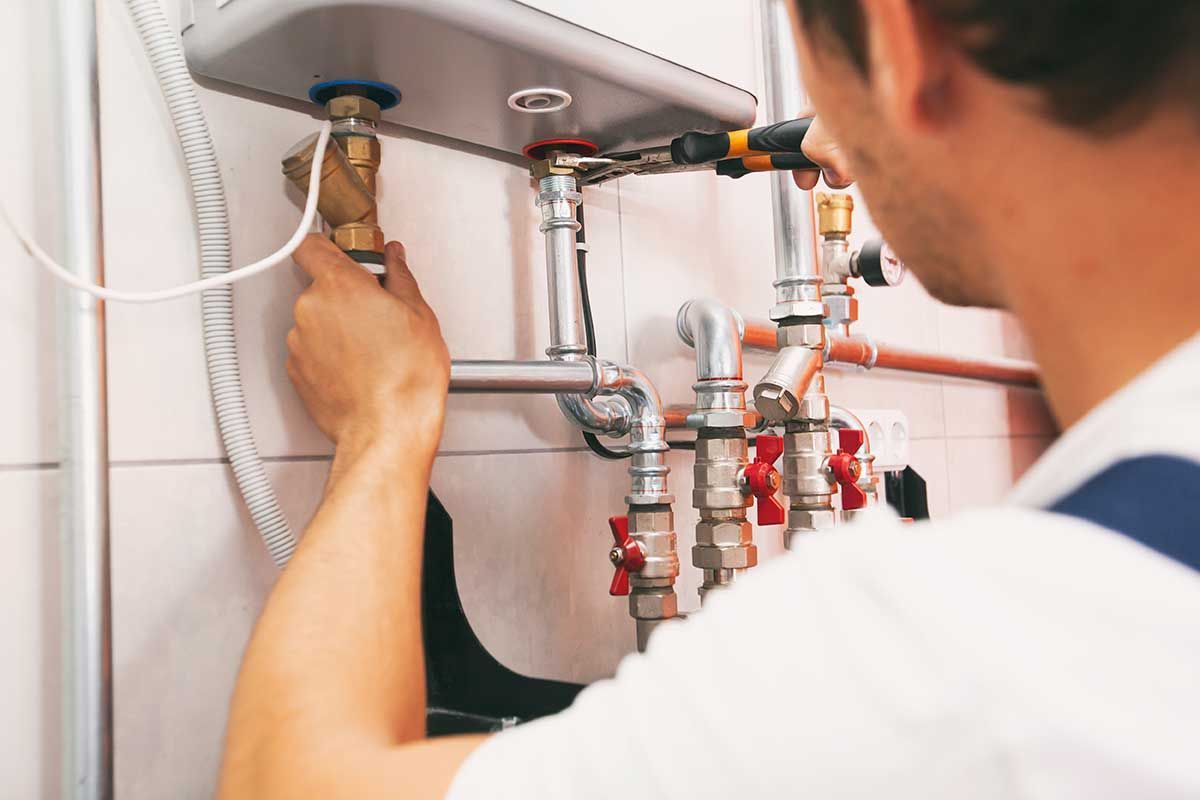
As you think about creating a warm learning environment for your students you’re probably thinking about the most energy efficient heaters for your school. You’re not alone - many schools struggle to balance warmth with reducing their carbon footprint. Luckily there are several options to help you achieve this. From gas heaters to central heating, radiant heating and heat pump technology the choices can be confusing. But which will really make a difference to your school’s energy consumption and budget?
Energy Efficient Options
When it comes to energy efficient options you’re looking for systems that reduce your carbon footprint and lower your energy bills.
In a school environment energy efficiency is key to a warm learning space and keeping costs under control. To meet your heating needs you’ll want to think about systems that provide reliable and consistent heat distribution.
One of the key factors is the type of fuel used. Gas heaters are a popular choice, a cost effective and efficient solution.
For example Rinnai’s condensing gas water heaters like the N1300i and N1600i are designed to be energy efficient, high flow rate and low waste. These can be installed internal or external so are a versatile option for schools.
Reducing Carbon in Schools
By installing energy efficient heating systems like condensing gas water heaters you’re reducing your school’s carbon emissions.
This is important as schools are big emitters of greenhouse gases.
In fact schools are responsible for 2% of the UK’s total carbon emissions.
Central Heating for Schools
You’ll need a reliable central heating system that can warm your school’s classrooms, corridors and common areas.
A well designed central heating system is key to a warm learning environment in educational buildings. When it comes to central heating for school premises it’s important to think energy efficiency as it can make a big impact on your school’s carbon footprint and energy bills.
A central heating system with condensing boilers can provide high efficiency heating and low energy consumption. These can be powered by natural gas or LPG so are a versatile option for schools.
Also they can be designed with zoning and weather compensation controls so you can optimise energy usage and heat specific areas of the school.
Radiant Heating for Large Areas
As you think about energy efficient heating solutions for your school radiant heating is an option for large areas, a cost effective and warm way to heat areas like auditoriums, gyms and cafeterias.
These work by circulating warm water through pipes, usually in the floor or ceiling, to radiate heat evenly throughout the space.
This is particularly effective in large open areas where traditional heating systems struggle to maintain a consistent temperature.
Radiant heating is an industrial heating solution that can be scaled up or down to suit your school’s needs.
It’s a good option for areas with high ceilings or large windows as it reduces heat loss and maintains the temperature.
Also radiant heating systems are more energy efficient than traditional HVAC systems as they don’t require ductwork or fans to distribute heat.
Heat Pump Technology in Schools
Heat pumps, a highly efficient and eco friendly heating solution can reduce your school’s energy consumption and carbon footprint.
By using the natural heat in the air, water or earth heat pump technology can provide a reliable and consistent heating source for your school.
This technology works by transferring heat from one place to another rather than generating heat from fuel so is an energy efficient option.
As a school manager you’re looking to reduce energy costs and carbon footprint.
Heat pump technology can help you do that.
By installing a heat pump system you’ll see big reductions in your energy bills and greenhouse gas emissions.
Also heat pumps are low maintenance and can last up to 20 years or more so are a cost effective option in the long run.
When it comes to heating heat pump technology is an option for schools.
Not only does it provide a warm and consistent heat source but it also reduces your school’s carbon footprint.
High Efficiency Boiler Systems
Your school can reduce its energy consumption and carbon footprint by investing in high efficiency boiler systems that provide a reliable and consistent heat source. These systems are designed to maximise energy output and minimise energy waste so are an option for schools looking to cut costs and reduce their carbon impact.
High efficiency boilers are rated at 90% or higher whereas traditional boilers are rated at 70% or lower. So for every £1 you spend on energy you’ll get more heat and less waste. Also many high efficiency boilers have advanced features like condensing technology that captures and reuses heat that would otherwise be lost.
When choosing a high efficiency boiler system for your school look for those with high AFUE (Annual Fuel Utilization Efficiency) ratings and low NOx emissions. By investing in a high efficiency boiler system your school will reduce its energy consumption, lower its energy bills and help towards a more sustainable future.
Keeping Classrooms Warm
You can keep classrooms warm by using energy efficient heating systems that provide a consistent heat source.
This is key to a perfect learning environment where students can focus and succeed.
Energy efficient heating systems are designed to distribute heat evenly throughout the classroom so no hotspots and cold areas.
So students and teachers can work without distractions.
When choosing an energy efficient heating system consider the system’s capacity, fuel type and installation costs.
Look for systems with high efficiency ratings like those with condensing technology that can save you energy.
Also consider zoning systems that allow you to control the temperature in individual classrooms or areas and reduce energy waste and improve overall efficiency.
Affordable Heating Solutions
By investing in energy efficient heating systems schools can reduce their energy bills and put more resources towards educational programs and activities.
You’ll be surprised how much you can save by switching to affordable heating solutions. For example install a high efficiency boiler or a condensing gas water heater like the Rinnai N1300i or N1600i which can save you energy.
These systems will waste less energy so you get the most out of your school heating system.
When it comes to school heating every pound counts. By choosing energy efficient heating systems you can redirect that money towards what matters most – your students education and wellbeing.
Affordable heating solutions benefit your school’s budget and the planet. By making the switch you’ll be reducing your school’s carbon footprint and doing your bit for the environment.
With energy efficient heating systems in place you can have a comfortable and productive learning environment and keep costs under control.
Upgrading to Energy Efficient Systems
Upgrading to energy efficient systems is an easy way to turn those savings into reality and it starts with choosing the right equipment like the Rinnai N1300E or N1600E external condensing gas water heaters.
These units will provide hot water and reduce your school’s energy consumption. By replacing old systems with energy efficient ones you can reduce your energy bills and your carbon footprint.
When upgrading to energy efficient systems consider your school’s specific needs.
Assess your current energy usage and identify areas to improve. Look for systems with high efficiency ratings like Energy Star certified.
Also consider integrating renewable energy sources like solar or geothermal to reduce your reliance on fossil fuels.
End
You have the power to have a comfortable learning environment and reduce your school’s carbon footprint.
Choose from the most energy efficient heating systems and save energy and costs.
From gas heaters to heat pumps there’s a solution for your school.
Switch to an eco friendly heating system today.
Share.
Comment.
Latest.
